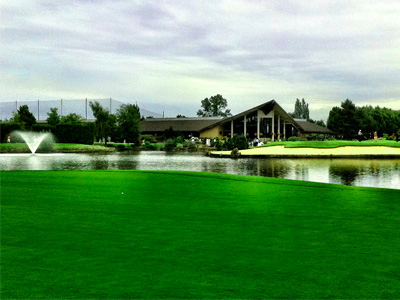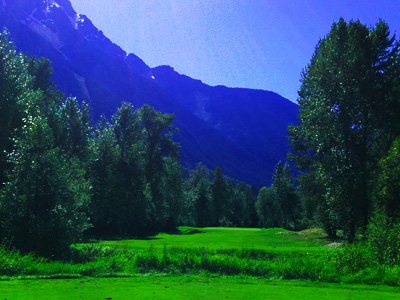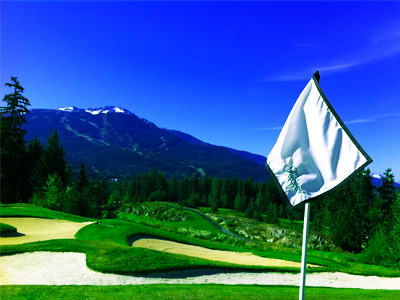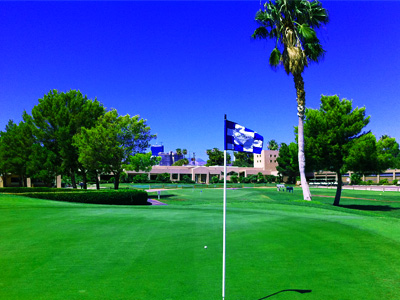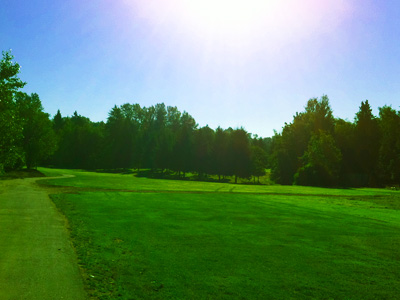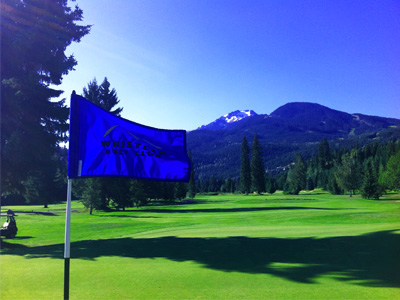UNIVERSITY PLACE, Wash. — All that is gold doesn’t glitter.
This wasn’t pretty, but golf’s Golden Child is now halfway to the Grand Slam.
Jordan Spieth won the U.S. Open on Sunday in a completely different fashion than he did the Masters just two months prior. At Augusta, he was poised beyond his years; at Chambers Bay, the 21-year-old showed his age.
At Augusta, Spieth had the cushion of a four-shot lead and the momentum of historic scoring to propel him to his first major. This time, he was surrounded by challengers. He teed off as part of a four-way tie for the lead. Shortly into Spieth’s round, world No. 1 Rory McIlroy announced his presence, conjuring notions of a major-record 62 and a third major in four tries. A resurgent Adam Scott gave chase. Even 2010 Open champion Louis Oosthuizen, saddled by playing with Tiger Woods and Rickie Fowler for the first two days, rallied for a U.S. Open record-tying back-nine 29.
Despite it all, Spieth carried a three-shot lead into the penultimate hole and did what none of us expected: gave it up. A poor tee shot and his sixth three-putt of the week left him tied with a lingering, lanky Dustin Johnson and a pat Oosthuizen.
Thankfully for Spieth, USGA executive director Mike Davis chose to play the 18th as a par 5 (it can be played as either a par 4 or 5) on Sunday. Instead of spitefully playing up the adjacent first hole, Spieth took two mighty whacks to reach the green in two. Expecting the long-hitting Johnson to turn the 580-yard finisher into a championship-winning pitch-n-putt, Spieth thought he needed 3.
“I needed to eagle,” Spieth said. “I told myself you need to eagle to tie. Major champions don’t leave these putts short. That’s what I was telling myself.”
His 18-foot putt for eagle didn’t fall. He settled for birdie to finish at 5-under. Resigned to an 18-hole playoff on Monday, or even a gut-wrenching loss, Spieth lingered a lob wedge beyond the 18th green.
Then, in a blink of an eye, Spieth had won.
Johnson did have that eagle putt to win, just 12 feet from hoisting the trophy. But his first putt slid four feet passed the hole, his birdie putt (the one that would have forced a Monday playoff) slipped by the left edge, and just like that the U.S. Open was Spieth’s.
It was a shock to the system.
“It’s hard. I’m still amazed that I won, let alone that we weren’t playing tomorrow,” Spieth said.
Spieth’s caddie, Michael Greller, chalked it up to experience. Spieth has the good kind of experience. Johnson simply doesn’t – maybe never will.
“When you are in that situation, the more you are in it, the easier it gets,” Greller said. “What [Jordan] did on 18, though, I think captures his mentality.”
It could be termed fate that Greller used to loop at this course. He knew Chambers Bay better than anyone else on the course these four days. Perhaps more importantly, Greller knows Spieth as well as Spieth knows himself. When his man got down, Greller calmed him down. On the 18th on Friday – the one time this week it played as a par 4 – Spieth let himself whine about the architecture, and Greller told him, “Slow down.” A hole later (Spieth started on the back nine), Greller reminded Spieth not to do anything dumb because he was still in this. How right he was.
“I didn’t have my best stuff and we were able to get it done,” Spieth said. “Michael knew this course better than anybody playing this week, and he made sure I was in the right spots without my best stuff and that’s why I won.”
Greller was modest in response: “He’s one of the best players in the world, and I was just trying to stay out of his way.”
Now it’s time to acknowledge the 800-pound Texas Longhorn in the room. Jordan Spieth is the first player since Tiger Woods in 2002 to win the first two legs of the Grand Slam in a single season. Before that, Jack Nicklaus did it in 1972. Arnold Palmer did it in 1960, seven years after Ben Hogan did it for the second time in a three-year stretch. What I’m saying is that Spieth’s accomplishment, again done at just 21 years old, portends great things for his place in golf history.
However, it may not mean an imminent Grand Slam. Only Hogan in 1953 was able to win the next leg, the Open Championship at St. Andrews. He was denied an opportunity to win all four titles because the PGA Championship overlapped with his Carnoustie triumph.
A passing hurricane-like storm denied Woods a chance at the 2002 Open at Muirfield and, despite this week, his third-round 81 remains his worst major score as a pro. Also at Muirfield, Nicklaus came up a shot short against Lee Trevino in ’72. So, too, did Palmer in ’60 at the Old Course, where Spieth will attempt to pick up the third leg of the Slam next month.
Let Spieth enjoy the crown for a night, maybe even a week. Then we can pepper him about all that.
While you never forget your first, this one has to be more special. Unlike the Masters, Spieth didn’t play perfect golf. He got frustrated time and again, manifesting itself in the kind of sullen indignation that usually leads to his undoing. His best skill was mitigated by putting surfaces that turned typical gimmes into coin flips. His relative lack of length proved a liability.
Yet, still, he has the trophy. Again. And now, too, the throne.
Ryan Ballengee is a Yahoo Sports contributor. Find him on Facebook and Twitter.
Follow @RyanBallengee
Devil Ball Golf – Golf – Yahoo Sports
Other Related Posts:
Over the next 10 days, until we get to the New Year, we will be rolling out...
In Vegas, go big or go home. Ben Martin did just that to notch his first P...
Jordan Spieth knows how the putts break at Austin Country Club, and that sh...
In the last nine months, we've learned more details of Tiger Woods' persona...
SPRINGFIELD, N.J. — As one player said this week, Baltusrol will “par 4 you...




